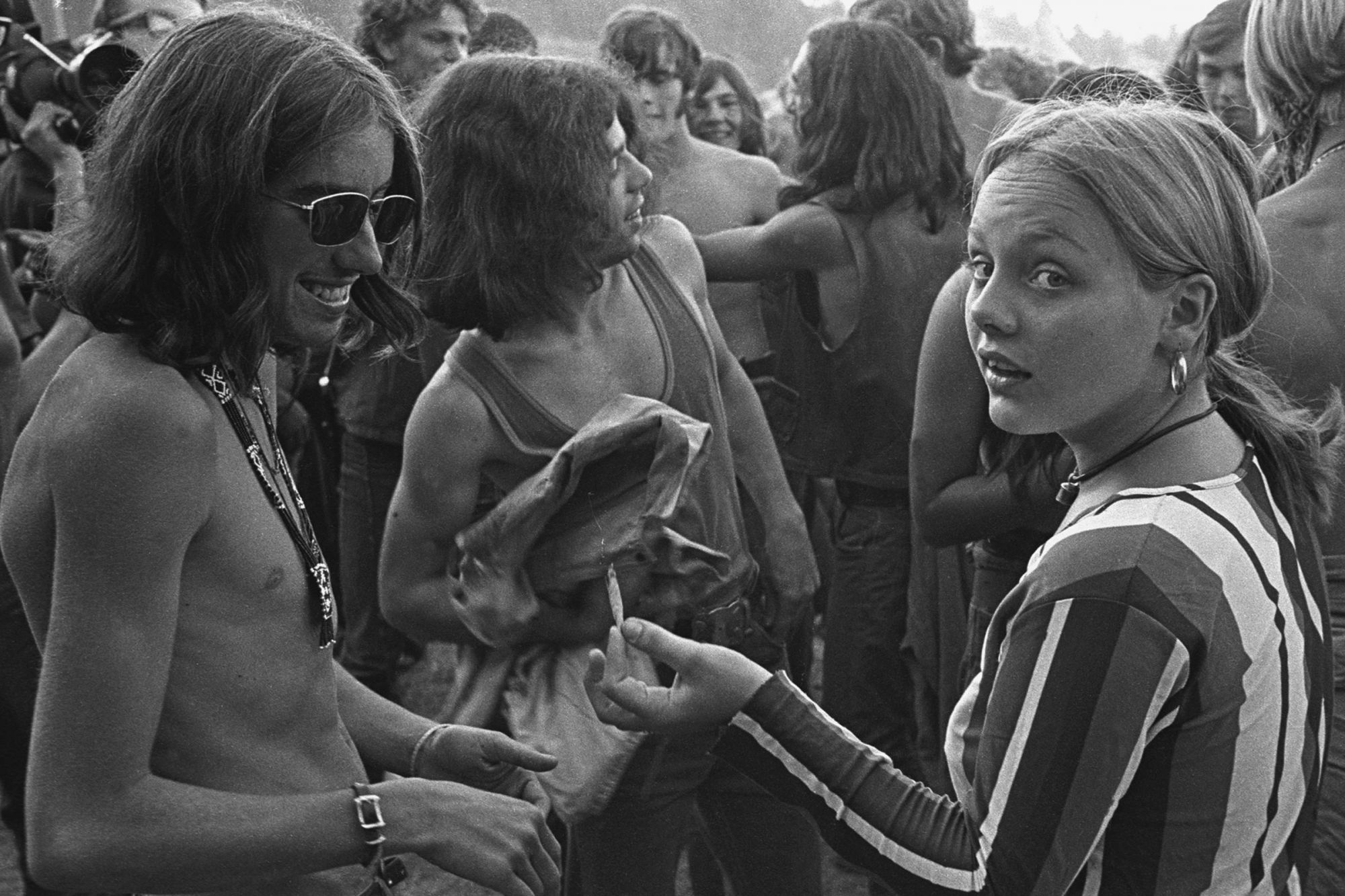
People arrested with a joint long ago were saddled with criminal records for decades.
3 min read
Opinions expressed by Green Entrepreneur contributors are their own.
Marijuana legalization isn’t just about stopping arrests under War on Drugs-era laws for cannabis possession. In California, it’s also about clearing the records of thousands who were arrested during that era and still struggle with the stigma of a criminal record for actions that ara legal now.
With the help of a volunteer organization that uses technology to make governments more efficient, San Francisco officials plan to expunge records of 9,300 marijuana-related convictions that go back as far 1975. San Francisco District Attorney George Gascón called expunging the records “the morally right thing to do,” according to the Los Angeles Times. He then added, “If you have a felony conviction, you are automatically excluded in so many ways from participating in your community.”
Related: Holy Smokes! Tel-Aviv’s Cannabis Industry Is Lighting Up
No need to ask.
The district attorney’s office has set up a process which allows people to ask for a conviction to be expunged, but only 23 people had applied, according to NPR. Gascon said that process was cumbersome and decided to just get on with it. The district attorney’s office partnered with Code for America, a nonprofit group of coding volunteers who take on projects that make government more efficient. They focus on issues of criminal justice, the social safety net and workforce development.
For example, they are running pilot projects in five states to make social benefits more accessible to thousands of poor Americans.
In the San Francisco situation, the issue was criminal justice. Gascón’s people started about a year ago to go through cases by hand and had found about 1,000 to expunge. Volunteers with Code for America were able to create a program in minutes that searched through criminal records back to 1975 and found thousands more to clear.
San Francisco is the first to take on this issue in a substantive way (i.e., doing something rather than talking about it). Los Angeles may not be far behind. There have been about 40,000 felony convictions for marijuana-related offenses in Los Angeles County since 1993, many of which might be eligible, according to the Times.
Related: New Jersey Inches Closer to Legalizing Marijuana Without Voter Referendum
War on Drugs vs. Minorities
Politicians across the country are now arguing that marijuana legalization is a social justice issue because the War on Drugs disproportionately impacted minority communities. San Francisco provides a good example of how this played out, statistically.
The “Cannabis Equity Report” done by San Francisco (the city and county) found that in 2000, 7.8 percent of the population in San Francisco was black, but 41 percent of all marijuana-related arrests involved black suspects. By 2011, arrests involving black San Franciscans “hovered around 50 percent” of all arrests, according to the report.
In a statement on the issue from last year, Gascón said that a “criminal conviction can be a barrier to employment, housing and other benefits, so instead of waiting for the community to take action, we’re taking action for the community.”
To stay up to date on the latest marijuana-related news make sure to like dispensaries.com on Facebook
https://www.greenentrepreneur.com/article/329976

